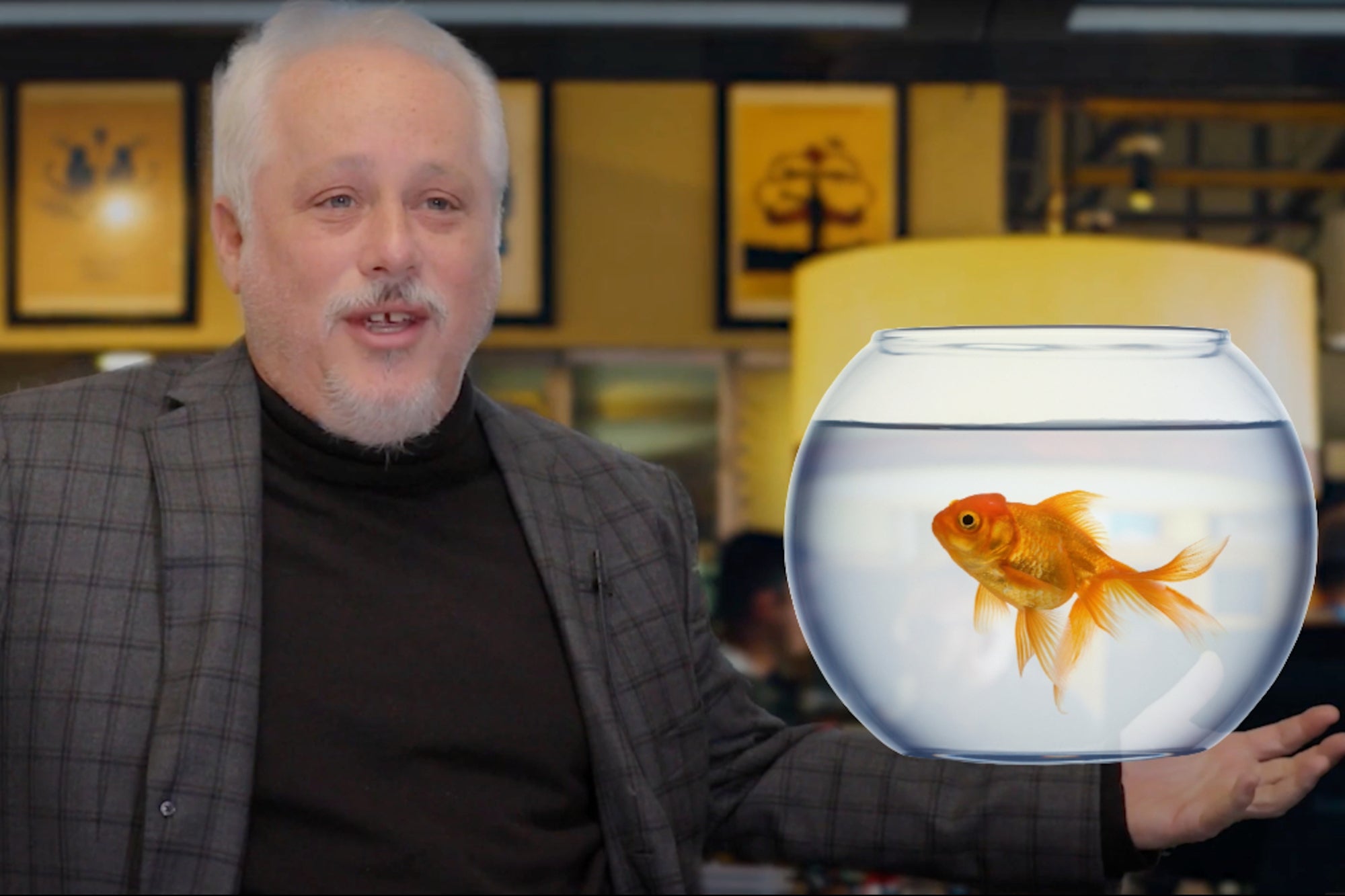Your Brain Likes Plain Old Paper More Than It Likes E-Readers The physical act of turning pages may help us recall plot events, a new study finds.
By Laura Entis •

Opinions expressed by Entrepreneur contributors are their own.
Many of us do just fine without paper, thank you very much. It's the 21st century, after all: Letters, books, notepads and calendars have all been replaced by an array of more convenient screens.
But perhaps we shouldn't be so quick in our collective haste to abandon the archaic medium.
As I've written about before, writing notes down by hand (as opposed to typing them out on a laptop) has been shown to improve comprehension and retention among college students.
And, according to new research, we also derive benefits from reading on paper that are lost when we transition to reading on a screen.
Related: For a Memory Boost, Ditch the Laptop and Write It Down by Hand
In a new study, researcher Anne Mangen of Stavanger University in Norway gave 50 participants the same 28-page piece of writing (a short story by Elizabeth George) to read, The Guardian reported. Half consumed the short story on a Kindle, while the others read the paperback version. Afterwards, the readers were tested on a range of variables, including plot, character, objects and settings.
Mangen told the Guardian that while she expected reading on a screen, instead of on paper, would cause participants to display different "emotional responses" to the story, that didn't turn out to be the case. Instead, e-readers and paper readers' performances were very similar in all categories save for one: The Kindle readers performed "significantly worse" on plot reconstruction – i.e., correctly listing 14 events in chronological order –then the paperback readers.
Why? Mangen speculates that the act of physically turning the pages helped paperback readers orient themselves within the plot, and later recall the proper sequence of events. ("When you read on paper you can sense with your fingers a pile of pages on the left growing, and shrinking on the right," she told the outlet).
Related: Facebook Impresses With Reader App 'Paper'
The study's sample size was admittedly small, but previous research suggests that Mangen is onto something. As Scientific American notes, our brains are hardwired to register individual letters as part of the physical landscape – when we read, we often root a text's meaning to its structure. Have you ever taken a test and mentally "seen" the answer to a question in the textbook, down to its position on the page, for example? Or read a novel, and later remember that a major plot point took place at the top of the right-hand page towards the middle of the book?
It's easier to do this – to use a text's structure to recall its content – on paper, especially in a book where the geography is more distinct (there are right-hand and left-hand pages, and by flipping through them you can physically see as well as feel how close you are to both the start and end of the text).
In all likelihood, we still probably have a very limited understanding of how the device on which we read impacts how we process information. Luckily, Mangen is on it. According to the Guardian, she will soon chair a European research network dedicated to exploring the topic.
Related: 5 Must-Read Books for Every Entrepreneur This Summer











